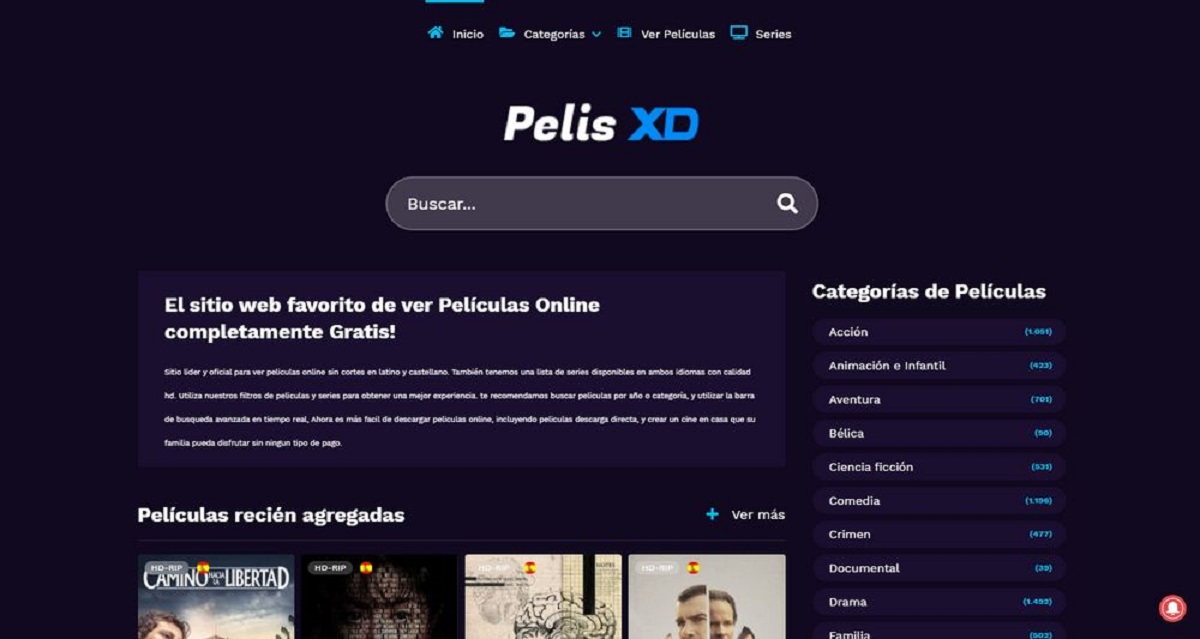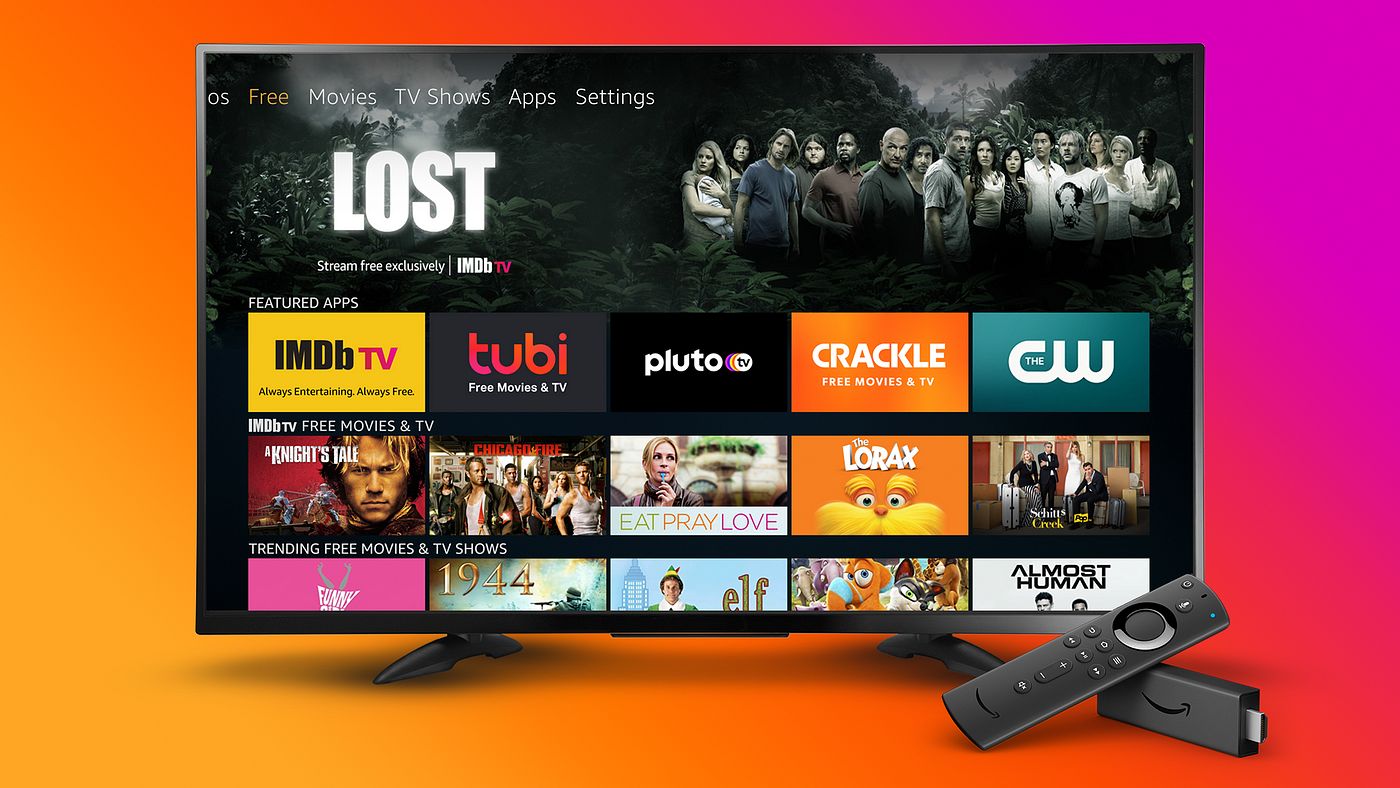Babbel, the popular subscription-based language learning service, has made a significant move in the language learning industry by acquiring Toucan, a language learning browser extension. Toucan, which shut down as a company earlier this year, will now be integrated into Babbel’s ecosystem of apps and language-learning resources under the name ‘Toucan by Babbel’.
Key Takeaway
Babbel’s acquisition of Toucan, the language learning browser extension, expands its language learning reach and offers a valuable vocabulary extension tool to its users. This strategic move allows Babbel to attract new users, engage with a wider audience, and further establish its position in the language learning market. Integration plans between its existing app and Toucan will provide paying users with a targeted language enhancement experience. With impressive revenue growth and a focus on creating lasting relationships with users, Babbel continues to demonstrate its commitment to innovation and expanding its language learning offerings.
Babbel Expands Its Language Learning Reach
The core functionality of Toucan is its browser extension that replaces words on websites with their translations into the language the user is learning. Initially available for learning English, Spanish, French, Japanese, German, Korean, Portuguese, Italian, Arabic, Chinese (Mandarin), Hebrew, and Hindi, Babbel will continue to support these languages and has plans to potentially add more over time.
While Babbel does not currently offer courses for all the languages supported by Toucan, the acquisition allows Babbel to tap into Toucan’s user base and provide value-added services. By integrating Toucan into its ecosystem, Babbel can offer an extensive vocabulary extension tool to its existing subscribers while attracting new users to its platform.
Babbel’s Strategy and Future Plans
Unlike Toucan, which struggled to monetize its browser extension, Babbel aims to leverage Toucan as a referral engine to bring in more users and increase engagement within its language learning community. The acquisition also allows Babbel to offer a freemium service to users who may not be ready to subscribe to the paid Babbel service. This strategy allows Babbel to foster a relationship with users and potentially convert them into paying customers in the future.
With plans for deeper integration between the Babbel app and Toucan, Babbel aims to provide a targeted vocabulary enhancement experience to its paying users. This integration will allow users to seamlessly extend their language skills beyond the current Babbel course offerings.
Impressive Growth for Babbel
Despite the challenges posed by the Covid-19 pandemic, Babbel’s CEO Julie Hansen revealed that the company had experienced impressive revenue growth. In 2021, Babbel generated $270 million in revenue, marking a 32% increase compared to the previous year. The company’s growth trajectory has continued in 2022, with Hansen stating that Babbel is “ahead of budget” this year.
This acquisition comes after Babbel’s postponed initial public offering (IPO) in 2021. The company had already signaled its intent to explore potential acquisitions as part of its growth strategy.

























